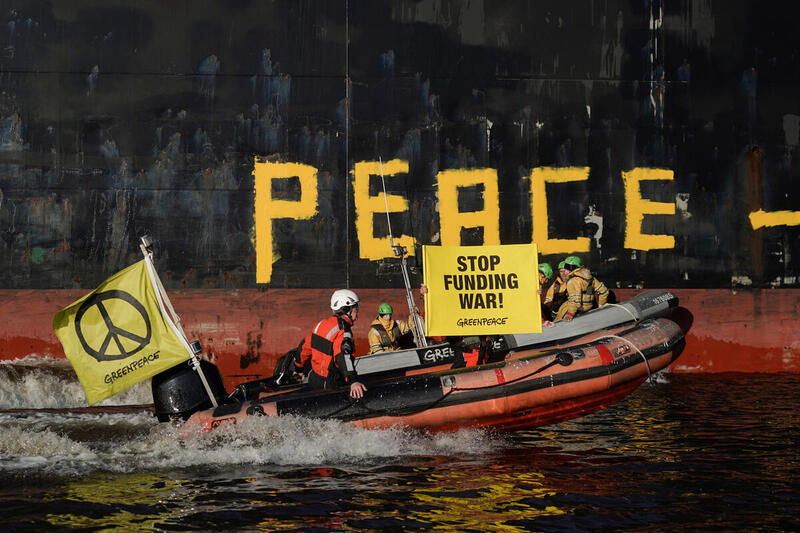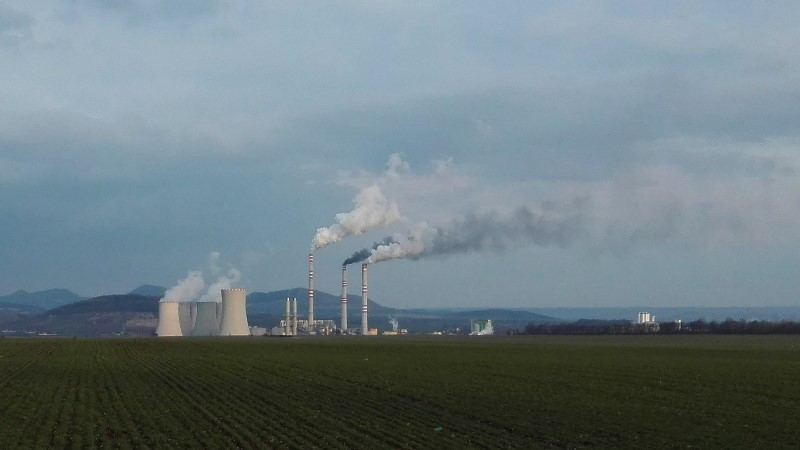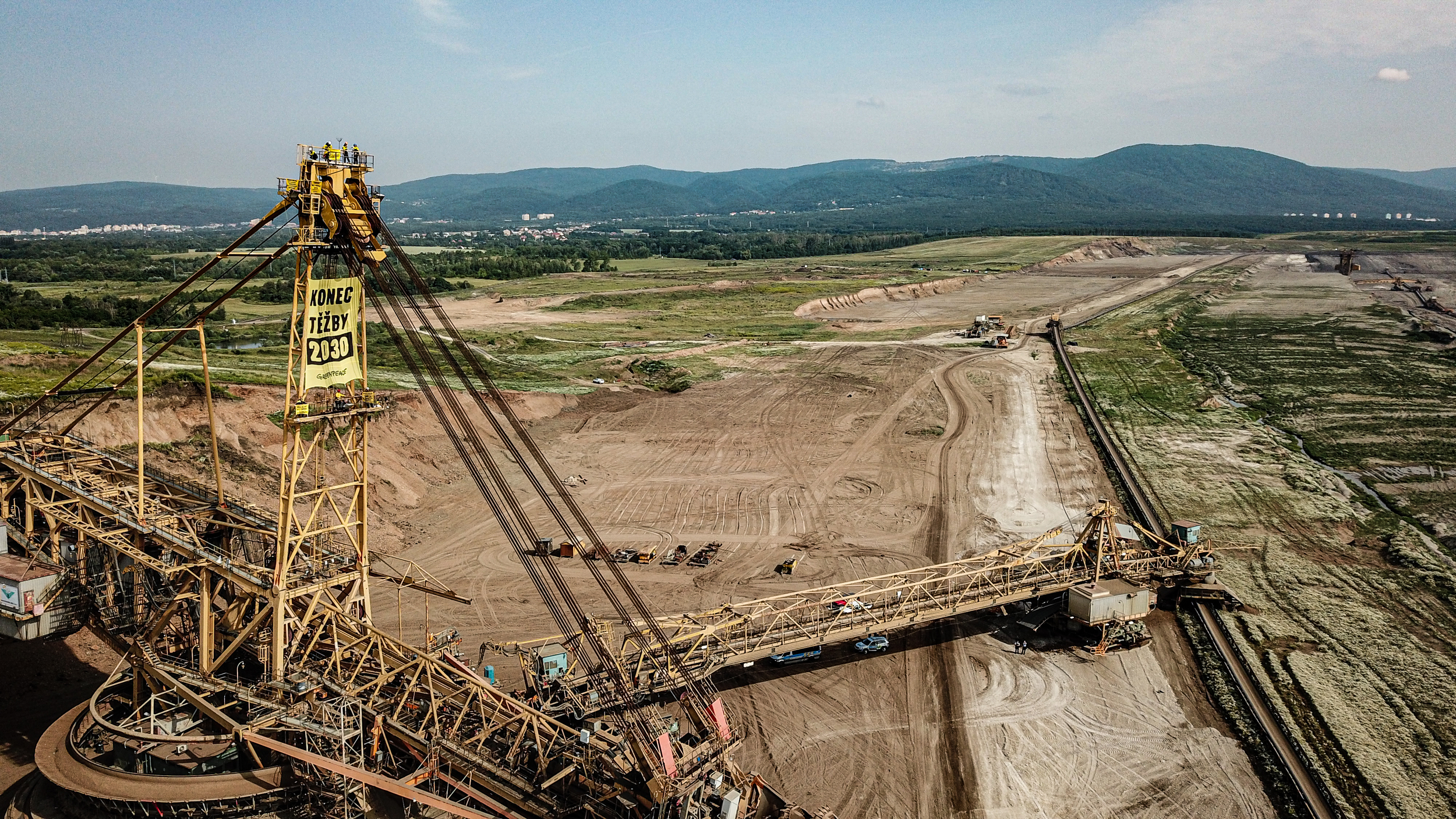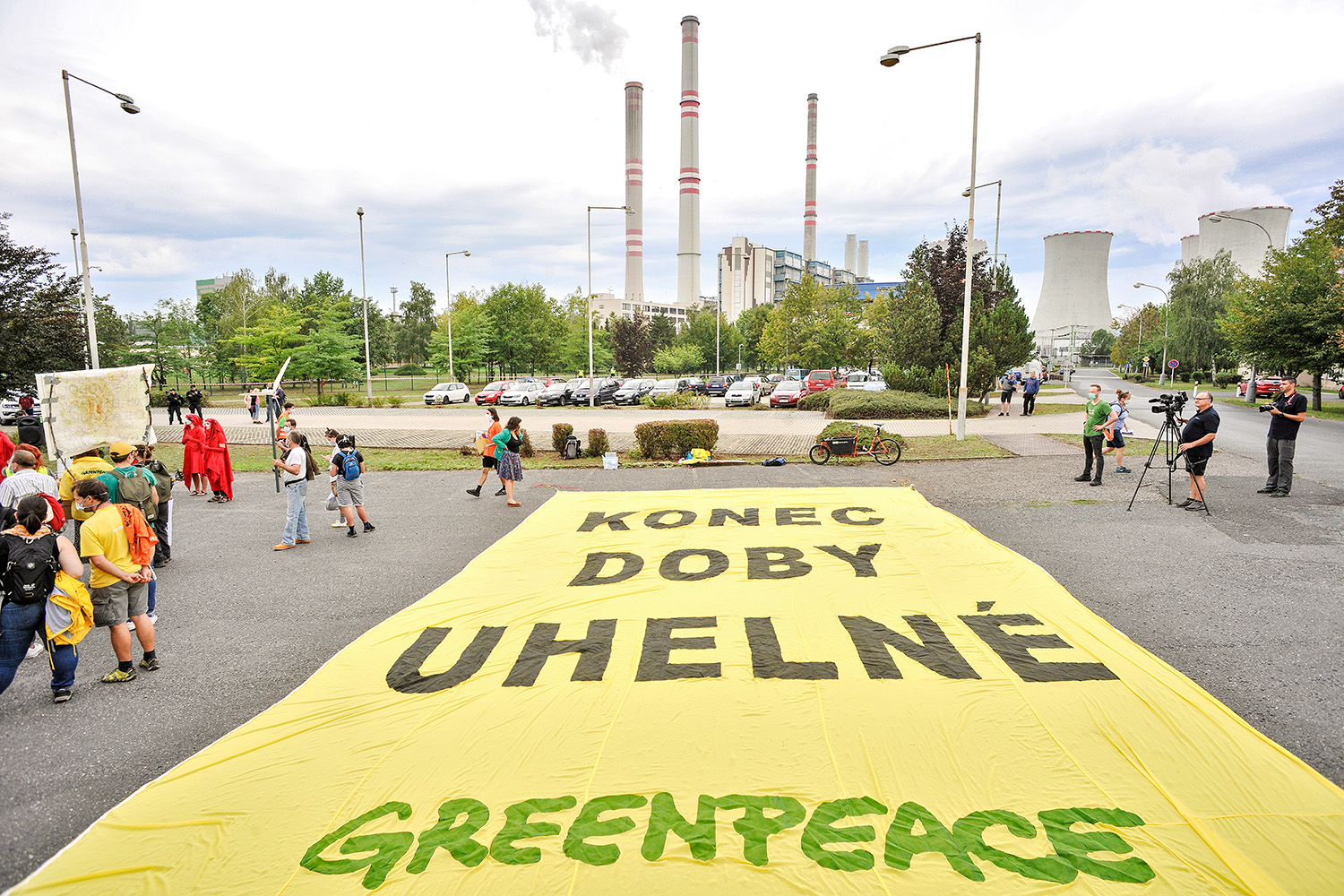The government of Prime Minister Petr Fiala wants to obtain an exemption for the Czech Republic from the just-approved sanctions package against Russia, which envisages an end to oil imports from Russia by the end of this year. Slovakia and Hungary are to be exempted until the end of 2024, Czechia until the half of 2024. These countries have thus refused to join the Europe-wide effort to end oil imports, the purchase of which is now financing Russian military invasion in Ukraine. Greenpeace has criticised the postponement of the end of Russian oil imports and is calling on Prime Minister Petr Fiala, Foreign Minister Jan Lipavsky and Industry and Trade Minister Jozef Sikela to reconsider the government’s efforts to obtain the exemption.

According to Greenpeace, the exemption for the Czech Republic is unjustified and unnecessary, as oil can flow to the Czech Republic from other sources. SIAT-TAL company, which operates the TAL pipeline on Italian territory, has said that it can almost immediately double oil supplies to the Czech Republic and thus cover the entire Czech consumption of Russian oil. Moreover, the pipeline can also supply medium-sulphur crude, which is close in chemical composition to Russian crude and can be processed by the Litvínov refinery.
Moreover, the Czech Republic can also use the potential to reduce its oil consumption so that it does not have to import as much. Greenpeace Europe has proposed a package of measures that could reduce oil consumption in Europe by up to 28%, including, for example, the promotion of public and urban transport, rail freight and a ban on domestic and short-haul flights.
Miriam Macurova, Greenpeace energy campaign coordinator, said:
„Restrictions on Russian oil imports to Europe are long overdue because of the bloody war in Ukraine. It is disgraceful that the Czech Republic wants to buy it as late as mid-2024, putting it alongside Hungary, which has been sabotaging and delaying European sanctions against Russia since the war began. The Czech Republic should cut off Russian oil as soon as possible; it is ready for this logistically, technologically and in terms of capacity. In the long term, however, it does not make sense to change one oil supplier for another, but to go down the road of reducing oil consumption and promoting transport that is not dependent on fossil fuels and does not contribute to the climate crisis.“
The current energy crisis in Europe, according to Greenpeace, shows that there is a need for much more cooperation between countries on energy issues, solidarity and unity in managing the single energy market.
Lukáš Hrábek, spokesman for Greenpeace, said:
„The attack on Ukraine and Russia’s pressure to raise fossil fuel prices have plunged Europe into an energy crisis for which the current European market was not prepared. It is therefore necessary to deepen cooperation between countries in the energy sector and address energy security across the European Union, not just at the level of individual nation states. Such an approach is particularly beneficial for smaller landlocked states, including the Czech Republic. Greater cooperation will also facilitate Europe’s transformation from fossil fuels to clean energy in the future.“



